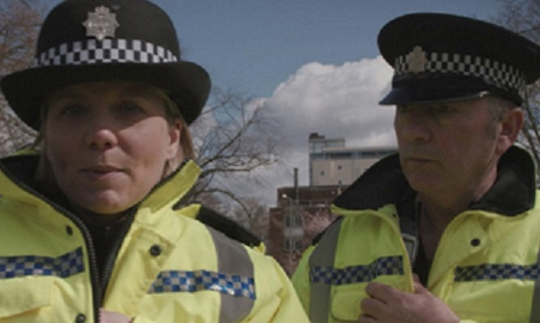Officers Deserve Fair Pay For Putting Their Lives On The Line
9 March 2023

The Police Federation of England and Wales has called for a minimum 17% pay rise for police officers this year.
The PFEW came to the figure after a report by independent think tank Social Market Foundation showed that police officer pay had declined by 17% in real terms since 2000.
Mike Peake, Chair of Greater Manchester Police Federation, said: “This is the right call… some may think that this is an unrealistic ask, but all you need to do is look at the figures. Police pay fell by 17% in real terms between 2000 and 2022, yet other public sector workers who have the right to strike are and have seen much bigger pay increases.
“You just need to look at the very recent pay offer for the Fire Service, which equates to 12% when backdated to July last year.
“Officers in GMP are no different to other members of the public, in that they are feeling the pinch of rising fuel costs, weekly shopping bills, and rises in interest rates. Many officers are having to make tough decisions and sacrifices in an attempt to survive each month.
“Local MPs and Government need to wake up and acknowledge that police officers deserve fair pay, and this can only be achieved by putting police pay back on track in line with inflation and other public sector pay rises. Every day officers in GMP put their lives on the line to protect the communities within Greater Manchester.They deserve recognition for this, recognition that is reflected in their pay packet.
“If police pay isn’t addressed properly then sadly we will continue to see good officers leaving the police service for better paid jobs elsewhere. If this continues to happen then Government are letting the general public down, as there will be a constant merry go round of applying sticking plasters over police officer numbers.”
The SMF research also found that police pay fared badly when compared to other protective services and public sector workers, whose pay rose by 1% and 14% respectively over the same period.
The report also claimed that the decline in police pay is likely to be linked the restrictions on their right to strike.
And it added that if the current police pay trend continued, officer remuneration would drop by a further 4% in real terms by 2027.
PFEW National Chair Steve Hartshorn said: “The Government can no longer sit by and ignore our members’ basic needs and must recognise the impact of this independent research. In the context of ongoing inflation, indications of a police retention crisis, and reports of officers being forced to turn to food banks, the issue of police pay must be addressed now after more than a decade of being ignored.
“Police officers deserve to be treated with respect and dignity, and that begins with better pay. Pay that not only reflects the cost-of-living crisis that many of us face but puts right the 17% decline since 2000 and compensates officers for the dangers they’re exposed to as part of the job. They must be compensated fairly for doing a job that is so important and unique that they do not have access to industrial rights.”
The report also found that a key factor in discussions over police pay should be what it called the “P-factor”: an element of police pay that reflects the unique obligations and responsibilities police officers’ experience relative to other comparable roles. This includes their unique risk of exposure to physical and psychological harm, alongside the restrictions that are placed upon their private lives.



















